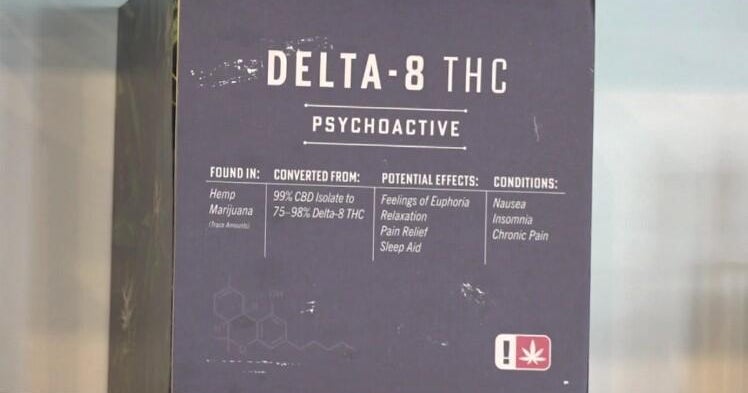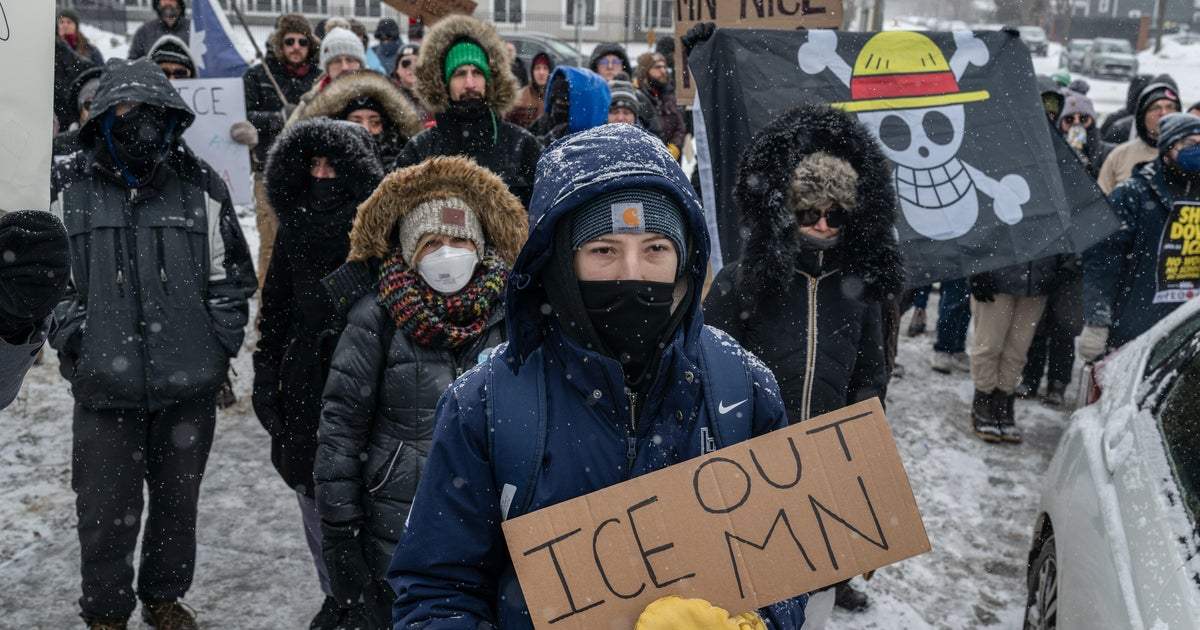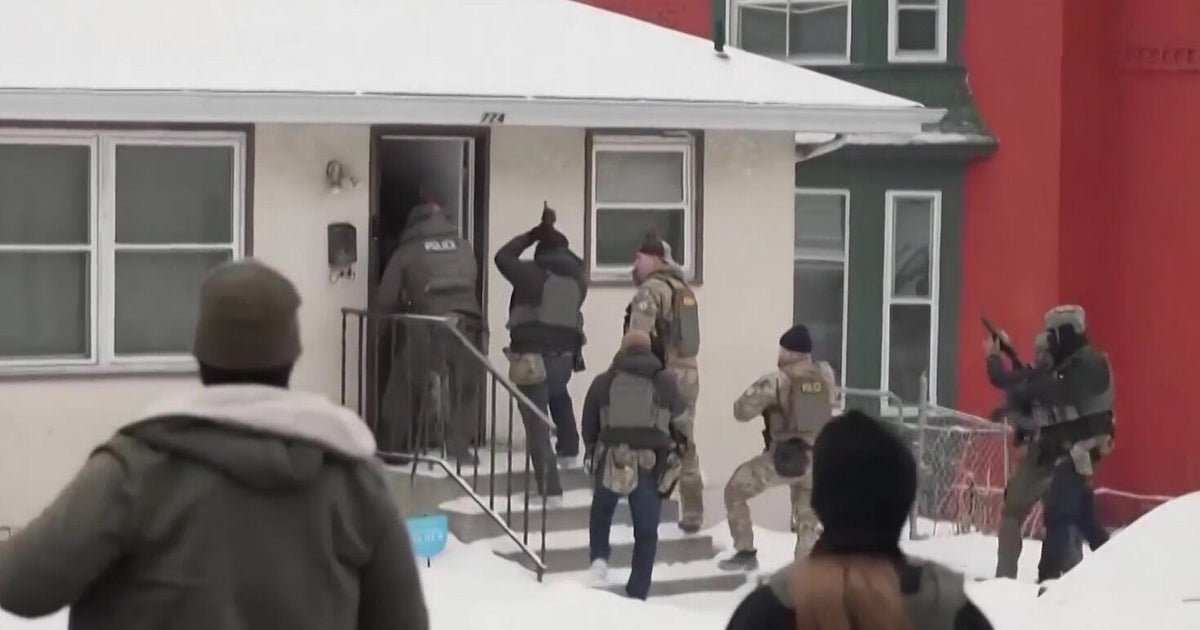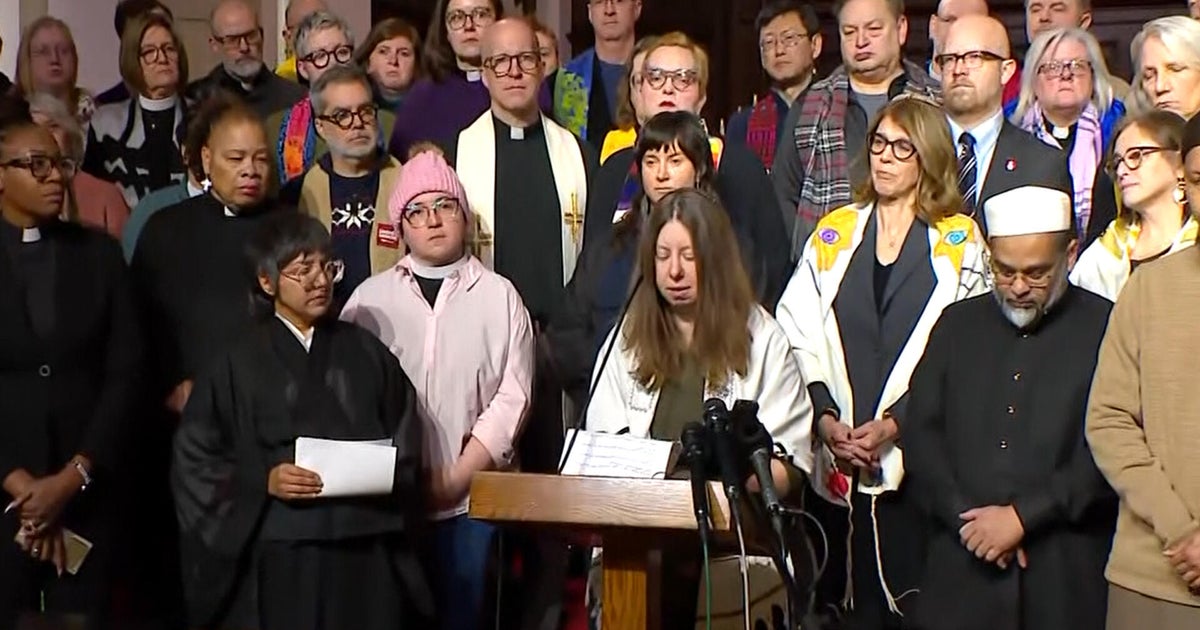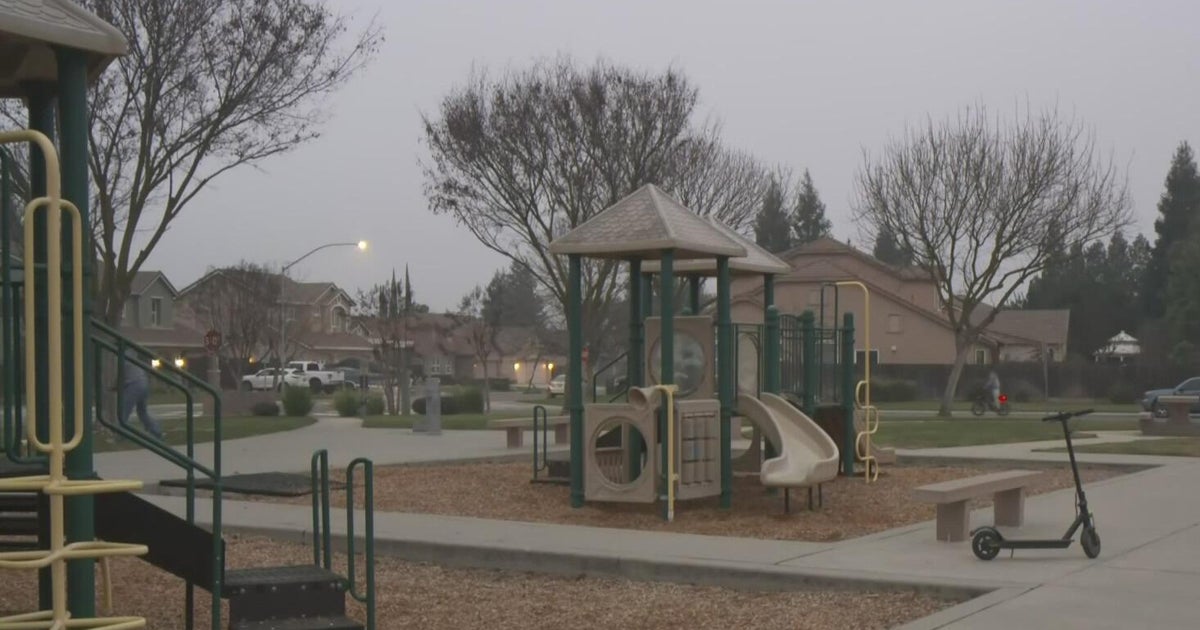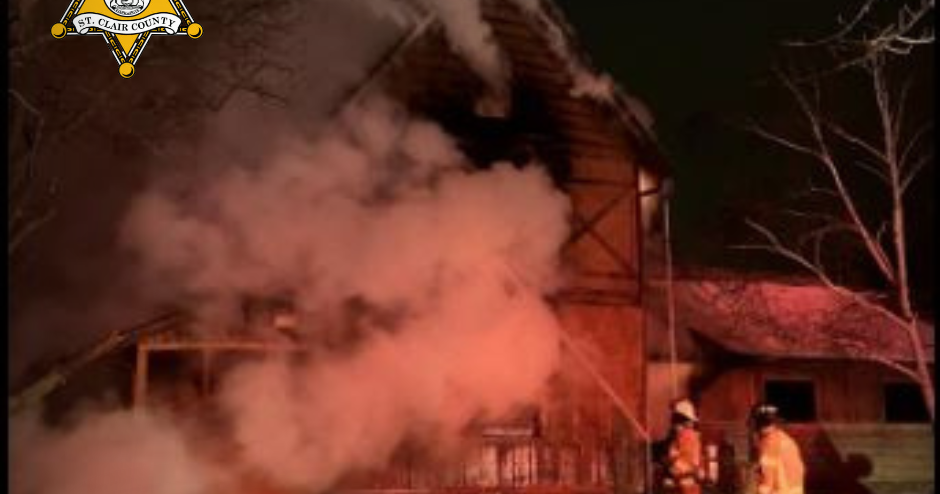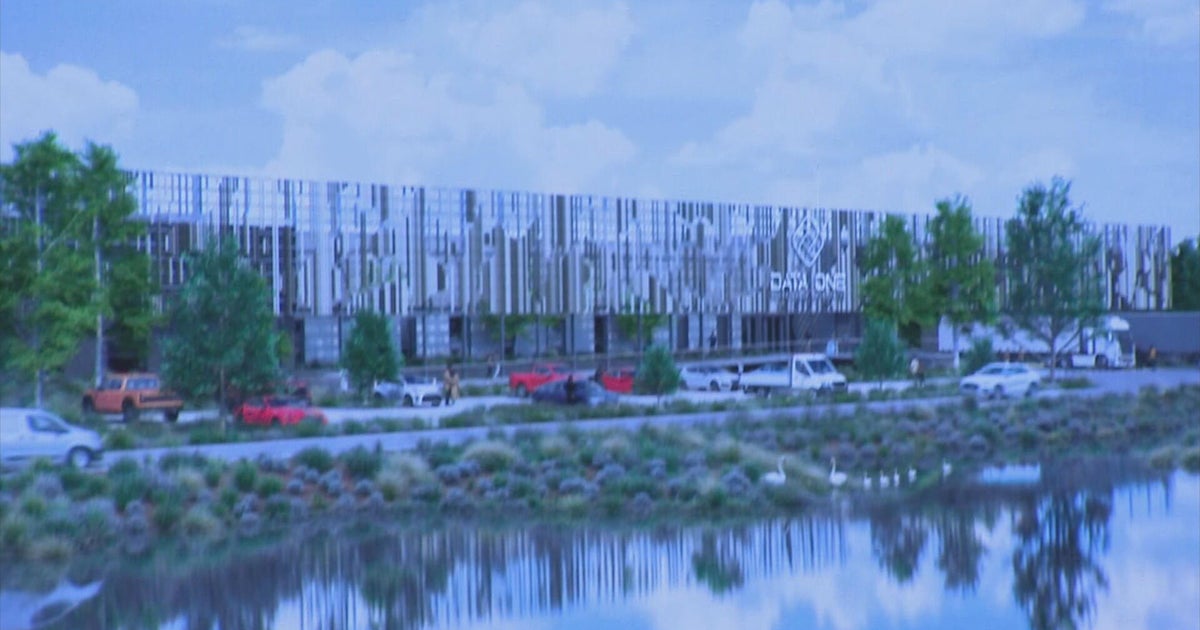St. Paul residents weigh in on likely scaled back ban on smoking weed in public
ST. PAUL, Minn. — St. Paul residents on Wednesday testified during a public hearing about a proposal that would prohibit smoking cannabis in public parks and near businesses, the latest effort by a city to put guardrails around use since recreational marijuana became legal in Minnesota earlier this summer.
The new state law forbids smoking in indoor public places that fall under the Clean Indoor Air Act, but it doesn't set parameters about outdoors, instead empowering local governments to make their own rules punishable by a petty misdemeanor for a violation.
St. Paul Councilmember Chris Tolbert proposed an ordinance prohibiting smoking of all kinds — from cannabis to cigarettes — on any city-owned property.
By Wednesday afternoon, he introduced an amendment scaling back that plan to a ban on smoking in city parks and within 25 feet of indoor public places like restaurants, hospitals, arenas, and other businesses. There would also be exceptions if there's a designated smoking area in a park, and the use of tobacco in public places would be allowed if for a religious or cultural ceremony.
Smoking would be allowed on sidewalks and on city streets under this version.
It didn't get a vote, but councilmembers signaled the changes would pass next week when a new ordinance with the updates is drafted.
"It allows smoking in quite a bit more places than was allowed prior," Tolbert said.
Duluth passed a similar measure curtailing use in parks and Lakeville did the same. Others were considering their own ordinances soon after weed became legal.
Several people showed up to testify at St. Paul City Hall Wednesday, and three dozen more submitted written comments. Opponents of the proposed ban said it re-criminalizes marijuana use, which is at odds with the state law, and impacts residents differently.
"This ordinance does not make our community safer," resident Sean Lim said. "The only thing it does is give law enforcement a mechanism to stop, trap, harass and penalize people in public spaces who will disproportionately be young, people of color, renters, unhoused neighbors."
Testifiers also pointed to a part of the law described by one resident as "classist": It explicitly allows cannabis use at a private residence, including someone's yard, but smoking is prohibited in multifamily housing buildings. They argue it means enforcement is applied unevenly between homeowners and renters.
Meanwhile, supporters believe restrictions around smoking in public are essential to protect people from the harmful effects of second-hand smoke.
"I strongly support increasing access to cannabis. Many people find a benefit in using it and it's beyond time that we provide legal access to it in a variety of forms. But that doesn't mean I support smoking in parks," Alexis Rylander, a mother of two, told the council. "Just because a substance is legal doesn't mean it can be used anywhere."
Members of the council discussed proposed amendments that the city council will draft in new versions, slated for a formal vote next week. Because of the changes, there will be an additional public hearing before a final ordinance gets the last stamp of approval, which is at least two weeks away.
Councilmember Mitra Jalali said she wants to eliminate the petty misdemeanor violation and replace it with what Ramsey County uses for its smoking ordinance, which is a voluntary request for compliance and then issue an administrative citation, which she described as a "much preferable alternative to the more severe penalties."
Others on the council said what will likely be the new language strikes a balance between public health and access to use a legal substance without overcriminalization.
"For me this is not about cannabis. This is about smoke. This is not about undoing what the legislature did. It is about using the power the legislature gave us to regulate a legal substance as we do with many other legal substances," said Rebecca Noecker.



